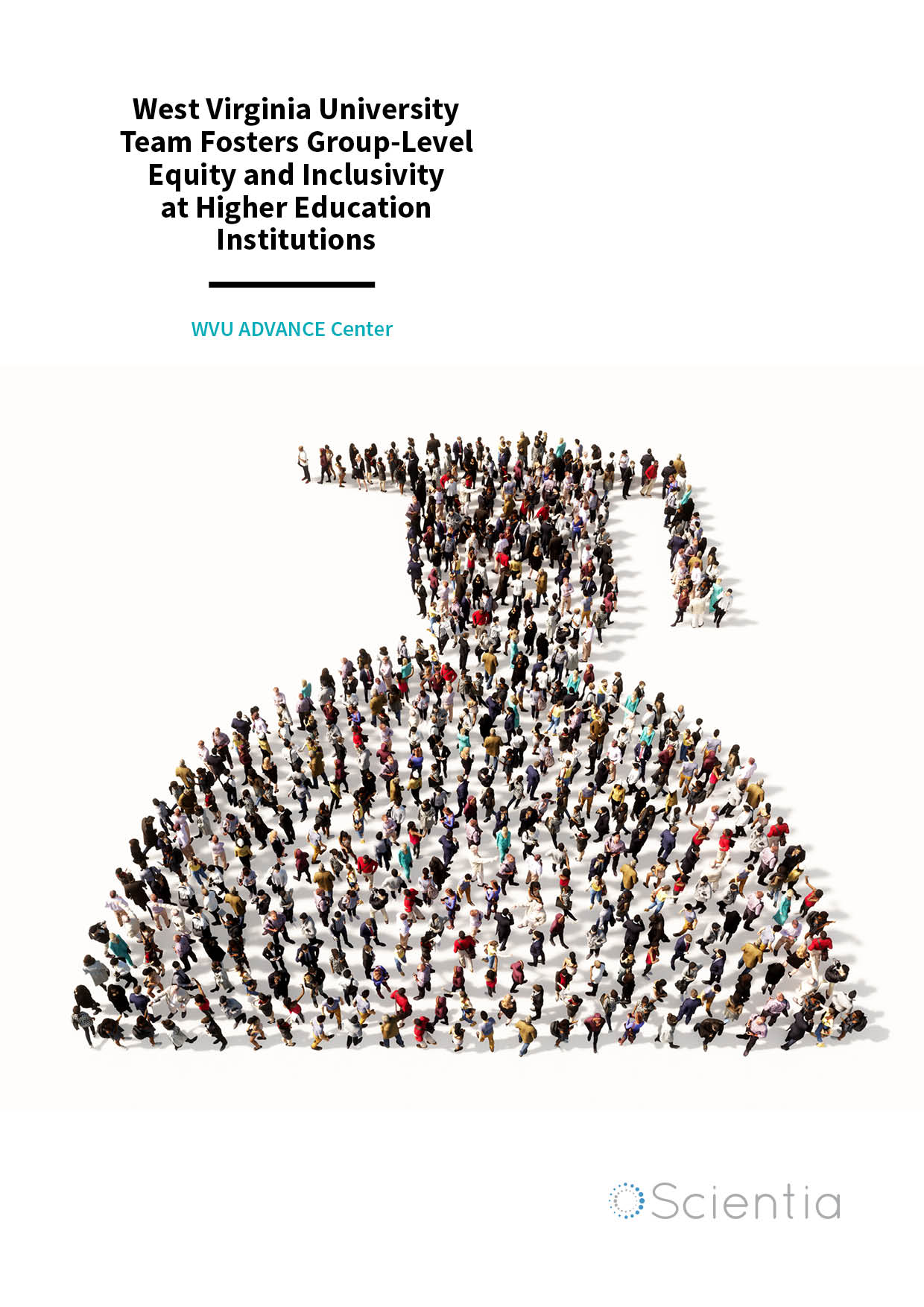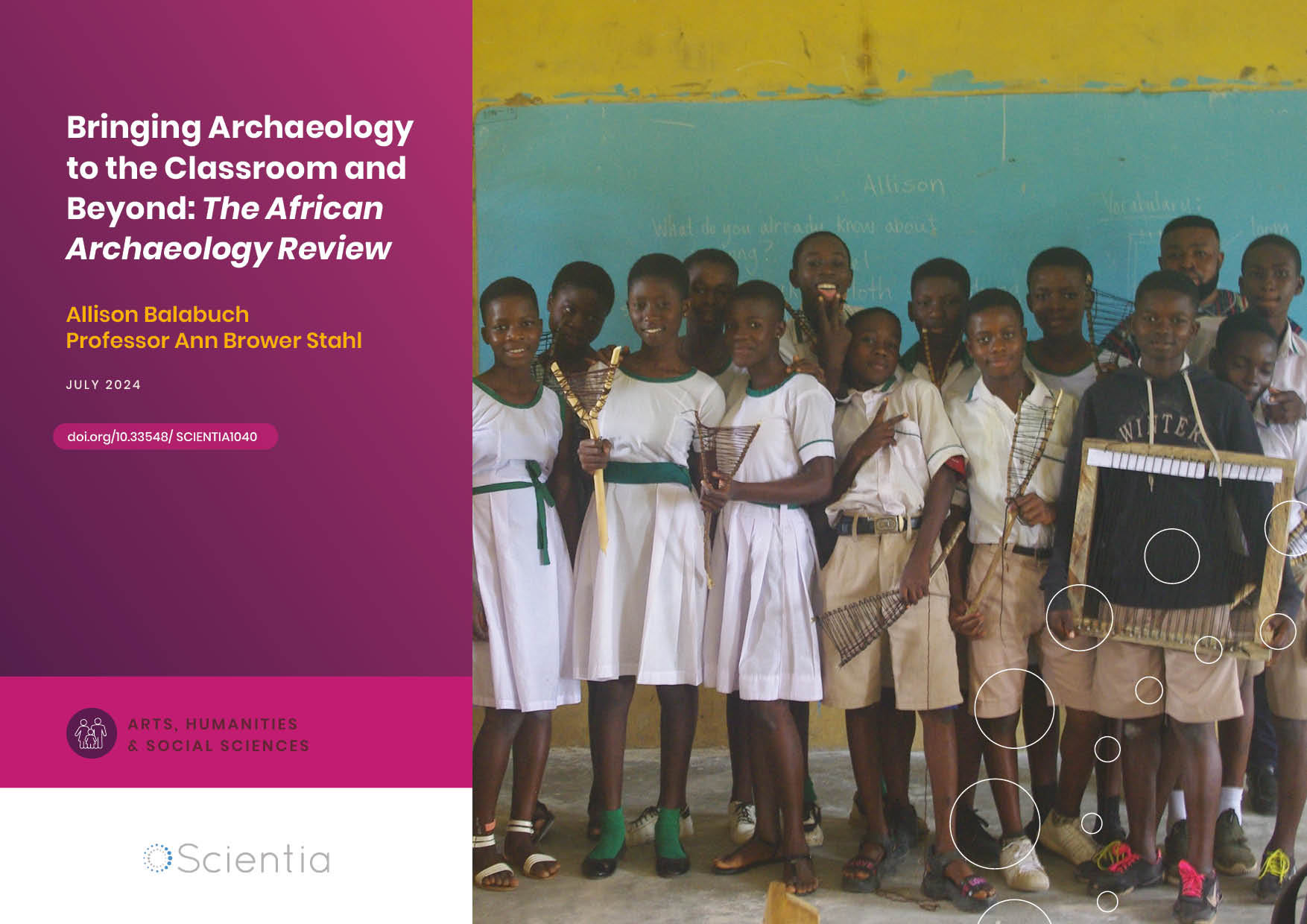UK Biobank
 UK Biobank is a large-scale biomedical database and research resource containing genetic, lifestyle and health information from half a million UK participants. The database, which is regularly augmented with additional data, is globally accessible to approved researchers and scientists undertaking vital research into the most common and life-threatening diseases. UK Biobank’s research resource is a major contributor to the advancement of modern medicine and treatment and has enabled several scientific discoveries that improve human health. In this exclusive interview, we speak with Professor Sir Rory Collins FMedSci FRS, Principal Investigator and Chief Executive of UK Biobank, to hear about the achievements to date and the ambitious and unique potential of this exciting project.
UK Biobank is a large-scale biomedical database and research resource containing genetic, lifestyle and health information from half a million UK participants. The database, which is regularly augmented with additional data, is globally accessible to approved researchers and scientists undertaking vital research into the most common and life-threatening diseases. UK Biobank’s research resource is a major contributor to the advancement of modern medicine and treatment and has enabled several scientific discoveries that improve human health. In this exclusive interview, we speak with Professor Sir Rory Collins FMedSci FRS, Principal Investigator and Chief Executive of UK Biobank, to hear about the achievements to date and the ambitious and unique potential of this exciting project.
To begin, please tell us how UK Biobank came to fruition.
Understanding the factors that influence the onset and trajectory of common life-threatening and disabling conditions presents a critical challenge to medical science. Prospective cohort studies allow the study of individuals over a period of time, and can assess the exposure of individuals to risk factors before the onset and treatment of disease. The UK Medical Research Council and Wellcome Trust decided that they would fund a large prospective cohort at the turn of the century, and after a lot of discussion about what might be done and how it might be done, I was asked in 2005 to deliver the project.

The Lancet kit UK Biobank are using in the COVID sero-prevalence study. Credit UK Biobank
As Principal Investigator and Chief Executive, what are the aims of UK Biobank and how do you envision these aims will be achieved?
The aims are to allow as many researchers globally as possible to apply their expertise and imagination to the de-identified data from the 500,000 altruistic volunteers in as many different ways as possible in order to generate as much knowledge as possible about the causes of many different conditions, with the ultimate aim being to discover ways to prevent and treat those conditions better.
Around 500,000 volunteers have enrolled in the project – what data are being collected from volunteers and how is all this information being used?
At the baseline assessment, all volunteers completed a wide range of measures to ascertain their sociodemographic background, family history and early life exposures, psychosocial and environmental histories, and they also completed in-depth measures of their physical, health and cognitive function. Extensive phenotypic and genotypic information is being collected, including further data obtained from questionnaires, physical measures, sample assays, accelerometry, multimodal imaging, genome-wide genotyping and follow-up assessments conducted over the course of the project for a wide range of health-related outcomes.

High technology blood sample processing. Credit UK Biobank.
What opportunities are available for researchers through UK Biobank?
Uniquely, all of the data (and, indeed, assays of samples) are available to all bona fide researchers (both academic and commercial) worldwide without preferential access for all types of health-related research that is in the public interest. Researchers who fund the enhancement of the resource (e.g., assays of samples) may be given up to a 9-month exclusive access period to use the data that they have generated before those data are made available to all other researchers.
UK Biobank has already led to a wealth of publications in prestigious scientific journals. What do you consider to be UK Biobank’s most important findings to date?
The 500,000 participants were only recruited between 2006 and 2010 and, given that a prospective cohort requires long-term follow-up of health outcomes, the most important findings from UK Biobank will really only emerge over the next 5 to 10 years. Having said that, one important ‘finding’ is that the large investment in UK Biobank made by the Medical Research Council and Wellcome Trust (and others) is already starting to produce dividends in terms of the amount of research that can be conducted rapidly and efficiently by making a very large and very deeply characterised dataset freely available to lots of researchers (as illustrated by the numbers of publications and, increasingly, by their scientific importance). This is a testament to the vision of the funders to invest for the long term and to the altruism of the 500,000 people who volunteered to contribute their information to the resource.

Credit UK Biobank.
The project is, of course, made possible by the individuals who have volunteered to take part. How are the key findings and implications for health communicated to the general public?
Participants are informed regularly about the progress of the study (and, particularly, about major initiatives), as well as being invited to participate in additional assessments (such as the ongoing project to image 100,000 of the participants which is now half-way completed). They are also encouraged to review detailed updates on UK Biobank’s website, which are also available to other members of the public. Individual researchers who generate findings based on UK Biobank also put out their own press releases, which are often picked up by the news media.
In the midst of the current pandemic, a better understanding of health and disease is at the forefront of scientific as well as political agendas. What can UK Biobank offer to the COVID-19 response?
The first thing that we did was to put in place much more frequent updates from health record systems on health outcomes occurring among participants, and extended it to access to primary care records for the first time under emergency legal arrangements specifically for COVID-related research, and fast-tracked approval to use the data for such research. Findings about COVID-19 based on these data are already starting to emerge which we hope will help in its control.
At the request of the Wellcome Trust and UK Government, we have recruited about 10,000 of the volunteers, and extended recruitment to a similar number of their children and grandchildren aged over 18 (in order to include people aged less than 50 years), into a study to track the prevalence of previous infection with SARS-CoV-2 (based on a laboratory test for antibodies) throughout the second half of 2020 in different groups within the UK (e.g., different parts of the country, and in people of different age, gender, ethnicity, and socioeconomic status). The results of that study are being made publicly available, as well as being provided to the Government to help guide policy.

The vast UK Biobank freezer in Stockport is so large that several double decker buses could fit in it. Credit UK Biobank.
To conclude, if we may, with some personal reflection, what lessons do you feel we may learn from the COVID-19 pandemic in terms of healthcare in the coming decades?
Let reliable evidence really drive the strategies for the prevention of adverse health outcomes, whether that is due to infectious diseases or chronic diseases (e.g., the pandemic, increasingly in the poorer countries of the world, of tobacco-related deaths and disability that is largely ignored by the media…partly because tobacco is not ‘new’ and partly because the problem is moving away from the richer countries).
W: https://www.ukbiobank.ac.uk/
Twitter: @uk_biobank

Reference
https://doi.org/10.33548/SCIENTIA585
Want to republish our articles?
We encourage all formats of sharing and republishing of our articles. Whether you want to host on your website, publication or blog, we welcome this. Find out more
Creative Commons Licence
(CC BY 4.0)
This work is licensed under a Creative Commons Attribution 4.0 International License. 
What does this mean?
Share: You can copy and redistribute the material in any medium or format
Adapt: You can change, and build upon the material for any purpose, even commercially.
Credit: You must give appropriate credit, provide a link to the license, and indicate if changes were made.
More articles you may like
Dr Ralf Adam | New Technologies Shaping the Future of Oral Hygiene
Understanding the efficiency of various toothbrush technologies is essential for achieving optimal oral health. Dr Ralf Adam, who leads a dedicated team at Procter & Gamble in Germany, is keen to investigate the complexities of these technologies. His team have provided new insights into the best toothbrush types for plaque removal and the maintenance of gum health. By highlighting the importance of informed oral care decisions and ongoing investigations, this vital research works towards ensuring everyone can achieve a brighter, healthier smile.
WVU ADVANCE Center | West Virginia University Team Fosters Group-Level Equity and Inclusivity at Higher Education Institutions
Despite ongoing efforts to broaden participation in the academy, many groups remain underrepresented. More needs to be done to ensure that all faculty and students succeed in institutions of higher education. The WVU ADVANCE Center is an academic hub at West Virginia University, which provides services, events, mentorship opportunities, and other initiatives that promote the sense of belonging that leads to thriving faculty and students.
Dr Olalla Castro-Alvaredo | Measuring Entanglement: Symmetry-Resolved Entropy
Dr Olalla Castro-Alvaredo of the City University of London (UK) and her collaborators are advancing our understanding of an important phenomenon of quantum mechanical systems known as entanglement and, especially, its mathematical measures. Symmetry-resolved entanglement entropy is one such measure. Their study focuses on special quantum states which are excited with respect to a ground state. The research shows how the entanglement amongst quantum particles can be measured and assesses the contribution to the entanglement of quasiparticle excitations, particularly in the presence of additional symmetries.
Allison Balabuch – Professor Ann Brower Stahl | Bringing Archaeology to the Classroom and Beyond: The African Archaeology Review
The African Archaeology Review (AAR) journal recently celebrated its 40th anniversary. To mark this occasion, a special issue was compiled with an innovative theme: Archaeology for Education. To achieve this, the AAR editorial team assembled a group of academic researchers in archaeology with the proposition of writing articles collaboratively with educators that would make their research centred on Africa’s rich pasts accessible for use in school learning. The goal is to change the stories we tell about Africa both within and outside the continent.




